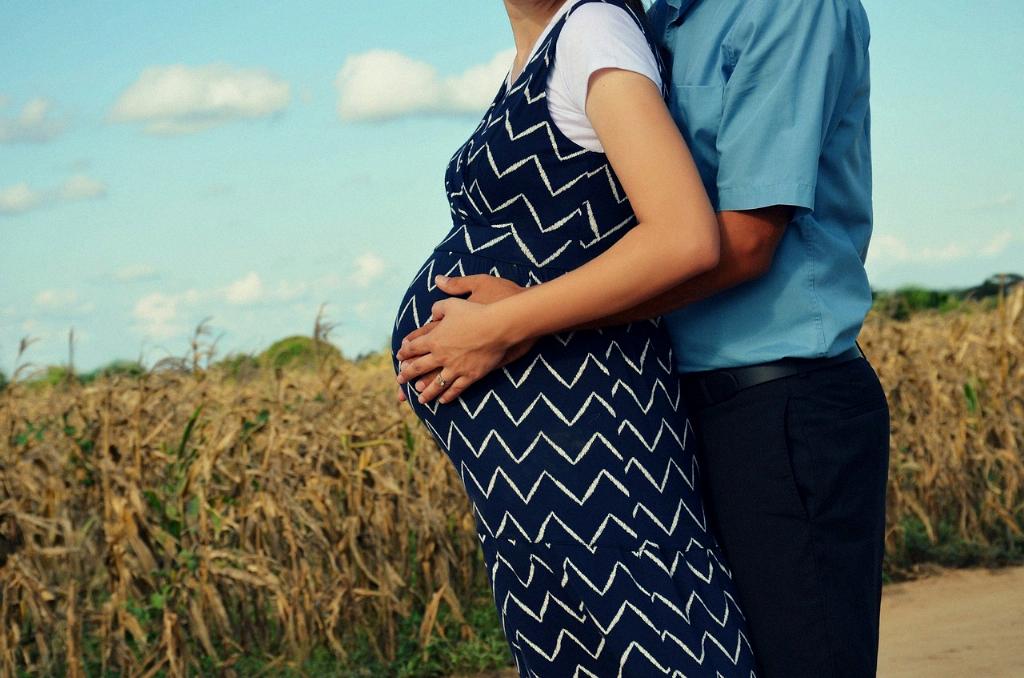When it comes to the topic of protein shakes during pregnancy, the answer isn’t a simple “yes” or “no”. It’s important to consider various factors to determine whether protein shakes are appropriate for pregnant women. Let’s delve into the details to understand the role of protein shakes in pregnancy nutrition.
Pregnancy and Protein Needs
Pregnancy is a crucial time when a woman’s body goes through numerous changes to support the growth and development of the baby. During pregnancy, protein requirements increase to help with the development of the baby’s tissues, muscles, and organs. Ensuring an adequate intake of protein is essential for a healthy pregnancy.
Meeting Protein Needs Through Food
While protein shakes can be convenient and provide a quick source of protein, it’s important to remember that many women can meet their increased protein needs through a balanced diet. Foods such as lean meats, poultry, fish, eggs, dairy products, legumes, nuts, and seeds are all excellent sources of protein.
Supplementing with Protein Shakes
If a pregnant woman is struggling to meet her protein needs through food alone, supplementing with protein shakes can be an option. Protein shakes can provide a concentrated source of protein in an easy-to-consume form. However, it’s crucial to choose high-quality protein powders that are safe for pregnant women.
Considerations Before Using Protein Shakes
Before incorporating protein shakes into a pregnant woman’s diet, it’s advisable to consult with a healthcare provider or a registered dietitian. They can provide personalized recommendations based on the individual’s dietary needs, health status, and medical history.
Choosing the Right Protein Powder
Not all protein powders are created equal, and some may contain ingredients that are not suitable for pregnant women. Opt for protein powders that are specifically formulated for pregnant women or choose ones that are free from artificial additives, sweeteners, and preservatives.
Potential Risks of Protein Shakes
While protein shakes can be a convenient way to boost protein intake, there are potential risks associated with their consumption during pregnancy. Some protein powders may contain excessive amounts of certain nutrients or contaminants that could be harmful to the developing baby.
Monitoring Intake and Symptoms
It’s essential for pregnant women who choose to include protein shakes in their diet to monitor their intake and be mindful of any adverse reactions. If a woman experiences any unusual symptoms after consuming protein shakes, it’s advisable to discontinue use and seek medical advice.
Listening to Your Body
Every woman’s body is unique, and what works for one person may not work for another. It’s important for pregnant women to listen to their bodies and pay attention to how they feel after consuming protein shakes. If something doesn’t feel right, it’s best to trust your instincts.
Final Thoughts
In conclusion, protein shakes can be a convenient way to supplement protein intake during pregnancy, but they are not a necessity. With a focus on consuming a balanced diet rich in protein-rich foods, many women can meet their increased protein needs without the need for protein shakes. It’s always best to seek guidance from a healthcare provider before making any significant changes to your diet during pregnancy.

